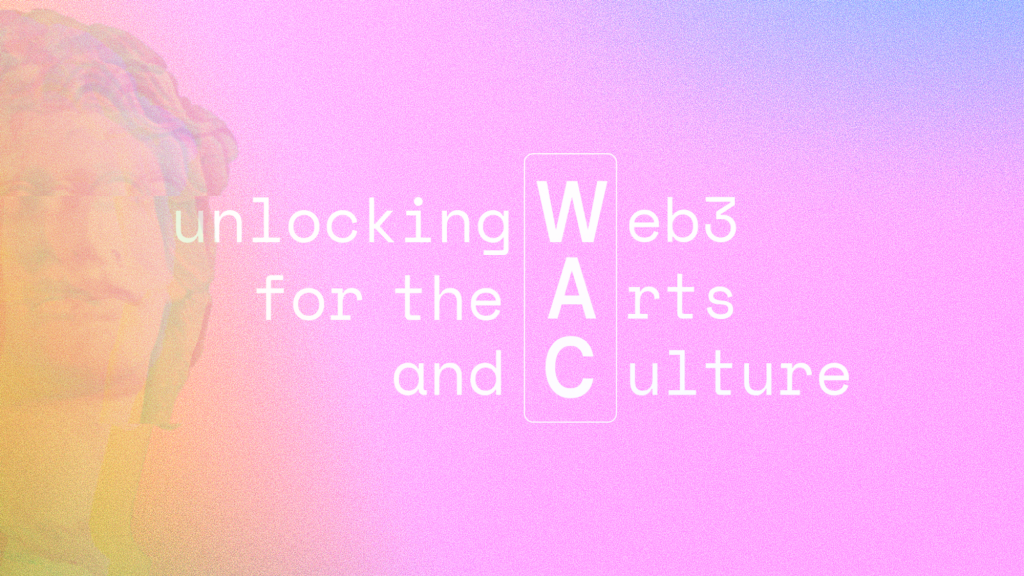Harnessing the potential of intercontinental expansion in African fintech
Nigeria’s startup ecosystem has grown significantly over the past decade. According to a report by Partech, $1.8 billion was invested in Nigeria in 2021 – 34% of the total equity funding of African startups that year. With 185 equity deals accounting for 27% of the continental total, Nigeria dominates the ecosystem in terms of investment volume and number of equity rounds.
The fintech industry has also hosted a large portion of venture funding, foreign investments, as well as business consolidations and collaborations in the Nigerian tech ecosystem. The industry generated over 70% ($293.2 million) of startup revenue in the first quarter of 2021. This clearly indicates that the fintech industry in Nigeria has experienced massive development over the years.
In recent years, however, an increasing number of startups have begun to expand outside of Africa into other emerging markets. The Fintech industry in particular has witnessed a number of intercontinental expansions in an effort to achieve a global presence.
In 2018, Paga announced expansion intentions into Mexico and the Philippines as part of a $10 million funding round that was followed by the 2019 expansion of Migo, a fintech startup offering credit-as-a-service to large Nigerian businesses, into Brazil.
In addition, mobile lending app Lidya also lent $3 million to SMEs in Eastern Europe after expanding to Poland and the Czech Republic in April 2020, and Get It Done Now (GIDN), a mobile fintech and e-commerce platform, expanded to Spain in 2021, among many others.
Despite its rapid expansion, Nigeria’s fintech sector still faces a number of obstacles that continually impede future progress. This includes, but is not limited to, regulatory barriers, misinformation and illiteracy resulting in a lack of trust in fintech companies, fraud, etc.
Nevertheless, Nigeria remains a growing fintech hub, and there is still the prospect that the ecosystem can be further developed through intercontinental expansion.
The potentials that other emerging markets such as Europe offer are reflected in opportunities such as the free flow of goods and services within the EU, access to local and regional partners and market clusters that offer easy and immediate access to a robust supply chain.
In general, the barriers to entry into global marketplaces are no longer as difficult as they once were because we now operate in a highly international economy, there is no better time to explore global expansion than now.
On November 15 and 16, Fidelity Bank in collaboration with TechCabal will host the first edition of Fidelity International Trade and Creative Connect. The event will bring together leading entrepreneurs, investors and regulators operating in Nigeria’s commodity, services, creative, fashion and fintech sectors, to discuss advancements for technology and creative sector players. They will also discuss the opportunities that can be exploited to scale the ecosystem. Register here participate.


